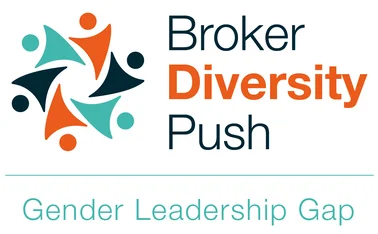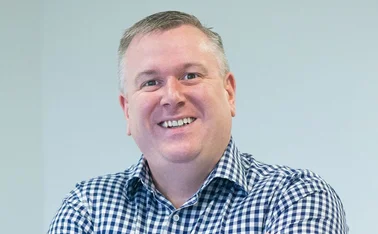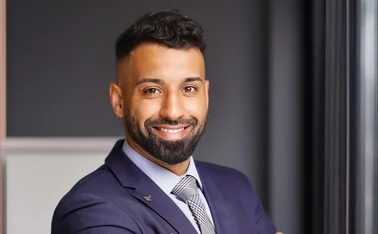
Brokers confused by trade body launch

Industry welcomes launch of Insurance Brokers’ Standards Council but rues lack of clarity over its role
The British Insurance Brokers’ Association (Biba) and the Chartered Insurance Institute (CII) are names and acronyms with which every UK broker is familiar.
Since the start of the new year there has been a new set for brokers to add to the collection: the Insurance Brokers’ Standards Council (IBSC).
The group is chaired by Paul Anscombe, managing director at James Hallam, and its steering committee is made up entirely of insurance brokers. The council will focus on improving standards in the
Only users who have a paid subscription or are part of a corporate subscription are able to print or copy content.
To access these options, along with all other subscription benefits, please contact info@insuranceage.co.uk or view our subscription options here: https://subscriptions.insuranceage.co.uk/subscribe
You are currently unable to print this content. Please contact info@insuranceage.co.uk to find out more.
You are currently unable to copy this content. Please contact info@insuranceage.co.uk to find out more.
Copyright Infopro Digital Limited. All rights reserved.
As outlined in our terms and conditions, https://www.infopro-digital.com/terms-and-conditions/subscriptions/ (point 2.4), printing is limited to a single copy.
If you would like to purchase additional rights please email info@insuranceage.co.uk
Copyright Infopro Digital Limited. All rights reserved.
You may share this content using our article tools. As outlined in our terms and conditions, https://www.infopro-digital.com/terms-and-conditions/subscriptions/ (clause 2.4), an Authorised User may only make one copy of the materials for their own personal use. You must also comply with the restrictions in clause 2.5.
If you would like to purchase additional rights please email info@insuranceage.co.uk







